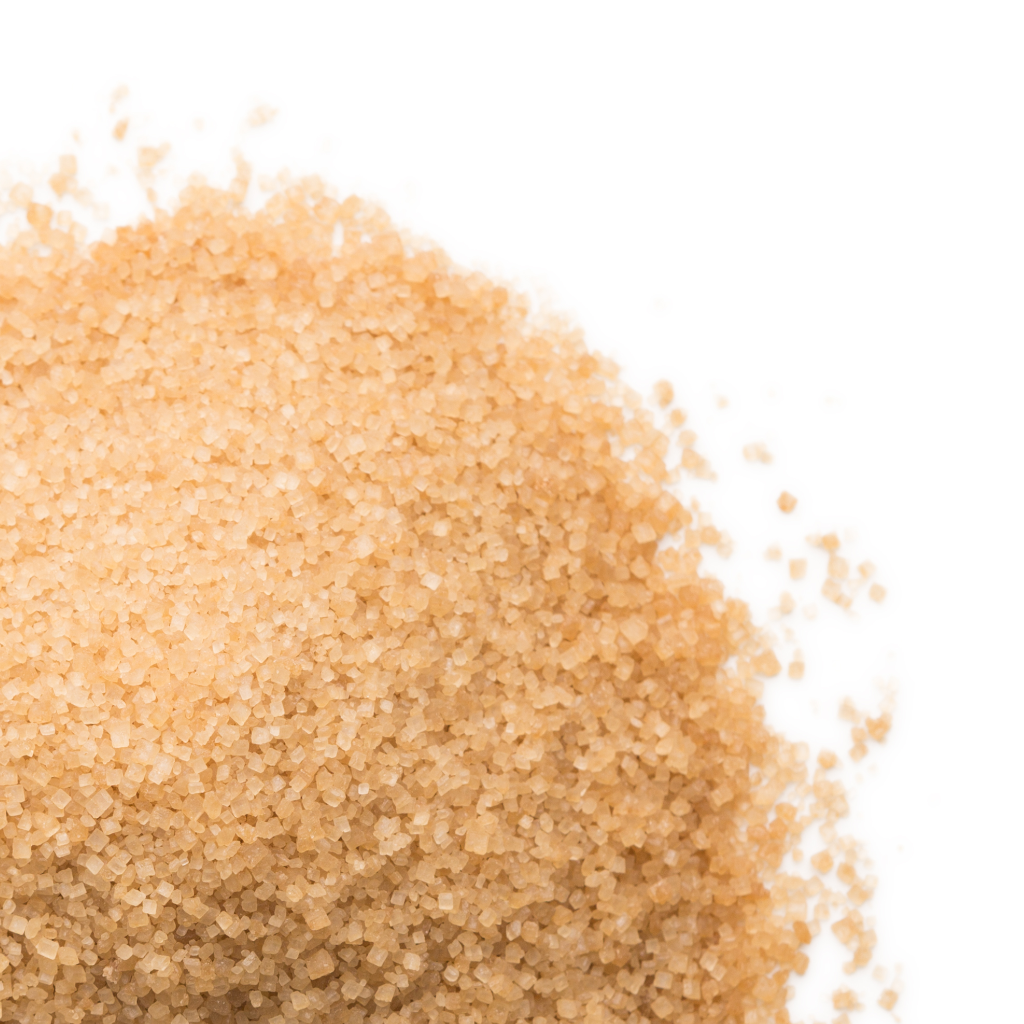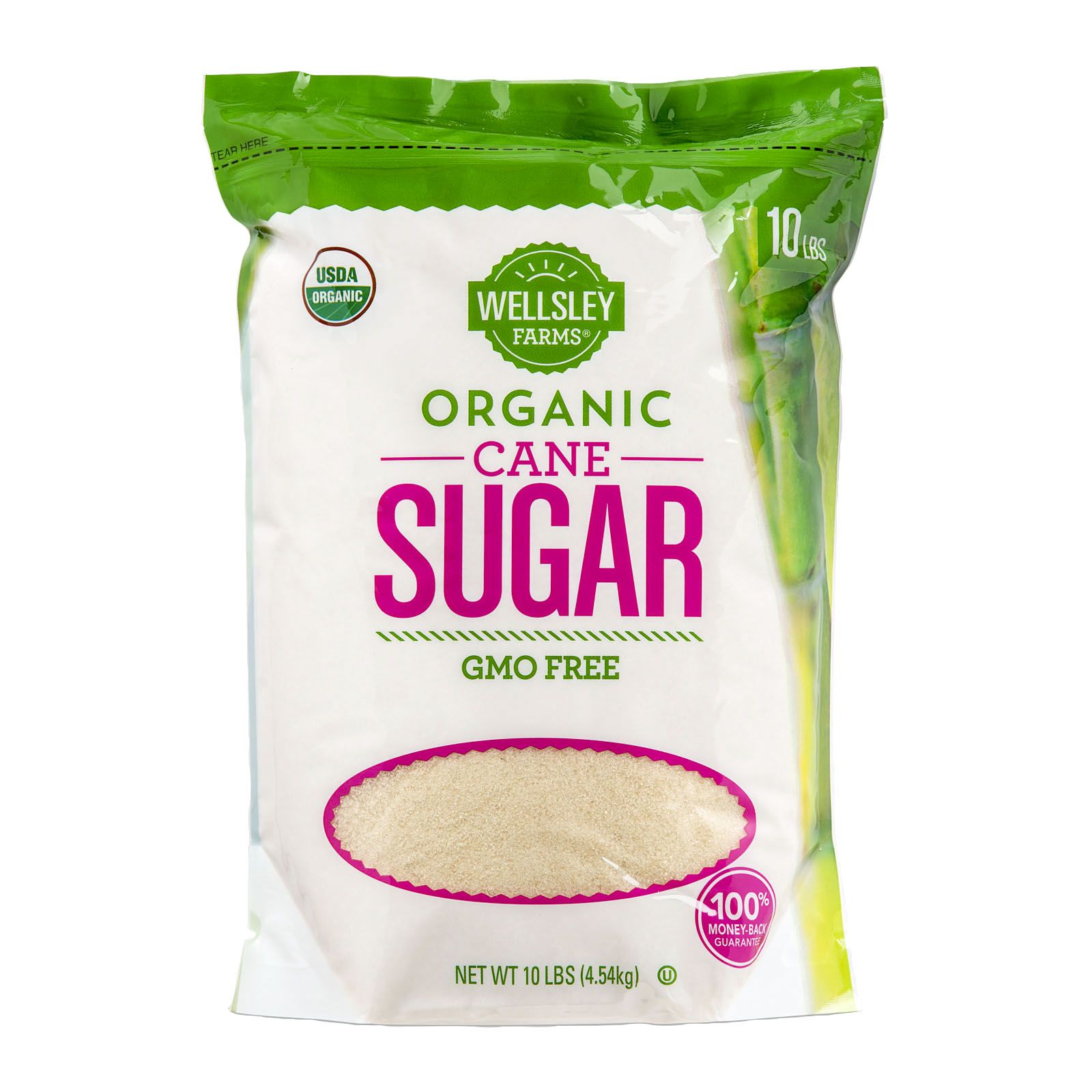A Thorough Summary of the Wellness and Economic Ramifications of Walking Stick Sugar Processing on Local Communities
Walking cane sugar processing plays a critical role in shaping the economic landscape of local communities, supplying work opportunities and promoting secondary industries. The wellness ramifications associated with high sugar consumption can not be neglected, as they add to increasing prices of obesity and diabetic issues.
Financial Advantages of Walking Cane Sugar Processing
Cane sugar processing uses considerable economic advantages that expand past the prompt farming market. The farming and handling of sugarcane develop numerous job chances, from farming to manufacturing and distribution. This employment generation not just sustains local economic climates however likewise promotes neighborhood advancement by supplying stable income resources for family members.
In addition, the sugar sector promotes supplementary businesses, including transport, equipment supply, and packaging services (Cane Sugar Processing). As these fields expand, they add to a more durable economic structure, boosting overall community durability. The export potential of processed cane sugar better intensifies economic benefits, positioning areas as competitive players in global markets
Financial investment in contemporary handling centers can bring about enhanced performance and effectiveness, thus minimizing waste and maximizing source use. This shift not only profits the neighborhood economy yet likewise sustains sustainability initiatives by decreasing ecological influences.
Furthermore, the earnings created from walking stick sugar processing can be reinvested in regional infrastructure, education, and health care, advertising alternative community development. Overall, the financial advantages of walking stick sugar processing are complex, providing a foundation for sustaining prosperity in farming areas.
Health And Wellness Risks Related To Sugar Intake
Too much sugar consumption poses considerable health threats that necessitate serious interest. High consumption of added sugars, particularly from refined drinks and foods, has actually been linked to various health and wellness complications. Among one of the most important issues is weight problems, as sweet diet regimens add to a boosted calorie consumption without supplying necessary nutrients. This excess can lead to metabolic conditions, including kind 2 diabetes, which has actually ended up being progressively prevalent in both youngsters and grownups - Cane Sugar Processing.
Furthermore, high sugar usage is linked with heart disease. Raised blood sugar level degrees can lead to insulin resistance, a precursor to various heart-related concerns. Additionally, sugar can have damaging results on dental health and wellness, leading to dental caries and gum tissue disease, as microorganisms in the mouth flourish on sugar, creating acids that deteriorate tooth enamel.
Furthermore, arising research study suggests a potential web link in between high sugar intake and mental wellness disorders, such as anxiety and anxiety. As communities face these health and wellness risks, it becomes necessary to promote understanding and encourage much healthier nutritional selections. Resolving sugar usage is vital not just for specific health and wellness but additionally for the overall well-being of regional communities, emphasizing the requirement for comprehensive public health and wellness strategies.
Environmental Impacts of Sugar Production
Frequently neglected in discussions concerning sugar's implications is the substantial ecological influence of sugar production. The cultivation of sugarcane commonly necessitates considerable land use, leading to deforestation, loss of biodiversity, and disruption of regional ecosystems. The conversion of forests and marshes into sugar vineyards can lead to environment damage, threatening numerous varieties and changing ecological balance.
In addition, sugar production is resource-intensive, consuming considerable quantities of water for watering. This can lead to exhaustion of local water sources, negatively affecting both agricultural techniques and area access to clean water. Furthermore, the usage of chemical plant foods and pesticides in sugarcane farming can add to soil deterioration and water contamination, as drainage from these chemicals enters nearby rivers and lakes, influencing marine life and human health.
The environmental footprint includes the processing phase, where energy intake and waste generation more intensify ecological worries. Air air pollution from melting sugarcane fields, in addition to greenhouse gas emissions, add to environment change. Because of this, the ecological implications of sugar manufacturing warrant major consideration, prompting stakeholders to take on more lasting methods to minimize these adverse impacts on neighborhood ecosystems and neighborhoods.
Work Creation and Community Development
The environmental obstacles posed by sugar manufacturing are frequently counteracted by its possibility for economic advantages, particularly in job creation and community development. The walking stick sugar market works as a considerable resource of work in several backwoods, giving jobs across numerous skill levels, from agricultural labor to processing and distribution duties. This employment not only supports individual families important link but additionally adds to the total financial vigor of regional areas.
Furthermore, the facility of sugar handling facilities boosts supplementary businesses, such as transport services, tools supply, and maintenance suppliers. As these businesses thrive, they create additional tasks and strengthen local economic situations. The income created from the sugar sector additionally leads to boosted tax obligation profits, which can be reinvested right into area services such as education and learning, health care, and facilities development.
Additionally, the sugar industry typically participates in community advancement initiatives, such as supporting neighborhood schools and health programs, thus boosting the top quality of life for citizens. By cultivating strong area ties and advertising financial development, the walking cane sugar processing market plays a vital role in uplifting neighborhood populaces, making it an essential element of lasting growth methods in sugar-producing regions.
Balancing Health and Economic Growth
In browsing the complexities of walking stick sugar processing, an important challenge lies in balancing health factors to consider with financial growth. The sugar market substantially adds to regional economic situations by generating work, boosting relevant sectors, and increasing tax obligation profits. However, the health and wellness effects linked with extreme sugar usage can bring about chronic diseases such as weight problems, diabetes, and cardio issues, which can worry public health systems and diminish labor force efficiency.

Additionally, governing frameworks can play an essential duty in guiding sector techniques in the direction of more health-conscious and sustainable strategies. By fostering have a peek here partnership in between federal government bodies, visite site health and wellness organizations, and the sugar market, neighborhoods can navigate the dichotomy of health and economic growth, guaranteeing that the benefits of cane sugar handling are equitably shared while prioritizing public health.
Final Thought
Finally, the processing of cane sugar presents both significant financial benefits and significant wellness risks for local neighborhoods. While it cultivates task production and stimulates regional advancement, the connected health and wellness problems, particularly regarding weight problems and diabetes, require a mindful harmonizing act. By promoting liable intake and investing in neighborhood education and learning and lasting practices, it is feasible to make the most of financial advantages while decreasing unfavorable health and wellness impacts, thereby making certain a healthier future for local populations.
Furthermore, sugar can have harmful effects on dental health and wellness, resulting in tooth cavities and periodontal illness, as microorganisms in the mouth thrive on sugar, creating acids that erode tooth enamel.
Dealing with sugar usage is critical not only for private health but likewise for the general health of regional neighborhoods, highlighting the requirement for comprehensive public health methods.
Often forgotten in conversations regarding sugar's implications is the substantial environmental effect of sugar production. The wellness implications connected with too much sugar usage can lead to persistent diseases such as excessive weight, diabetes mellitus, and cardiovascular issues, which can problem public health systems and lessen labor force efficiency.
